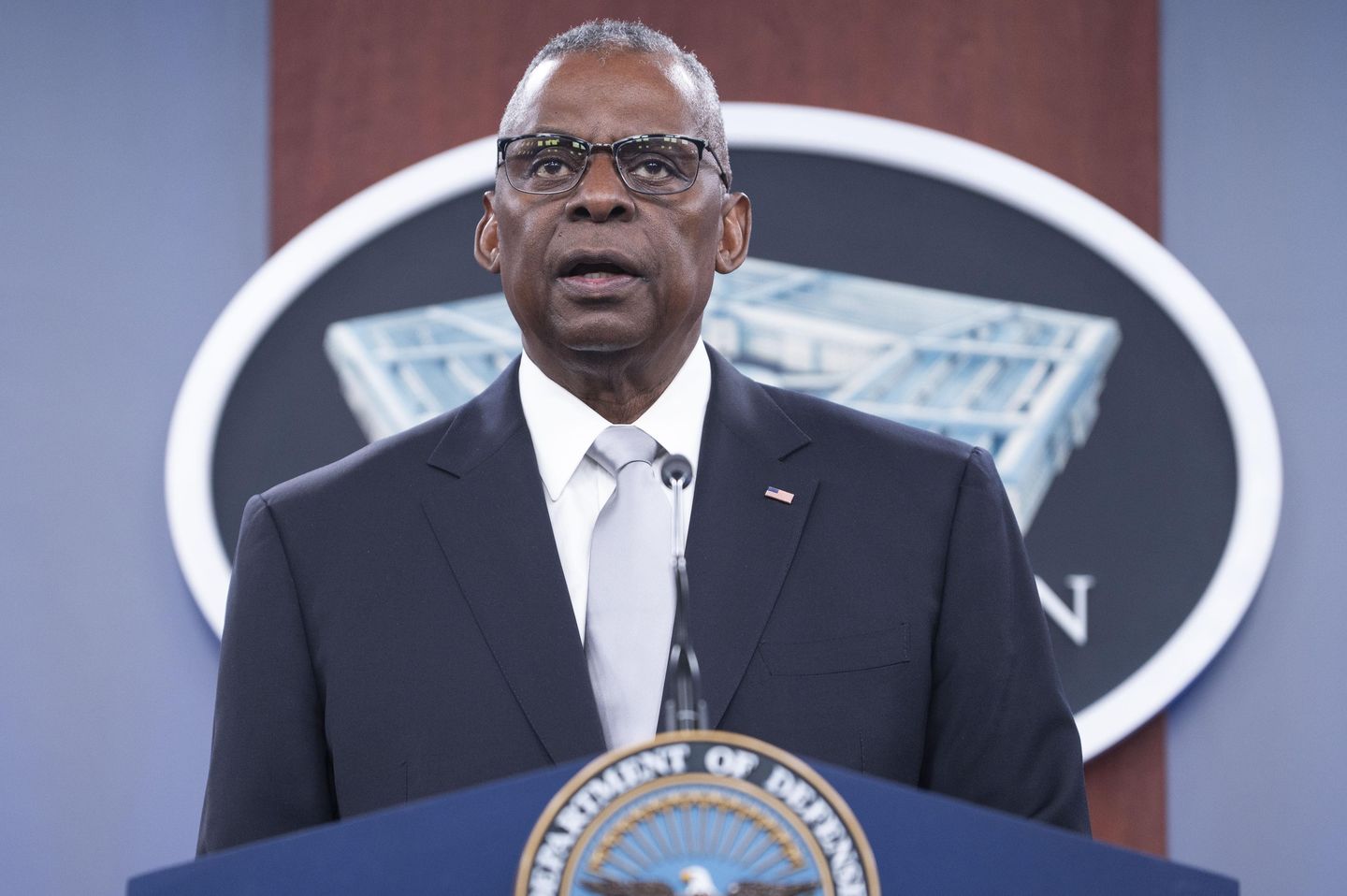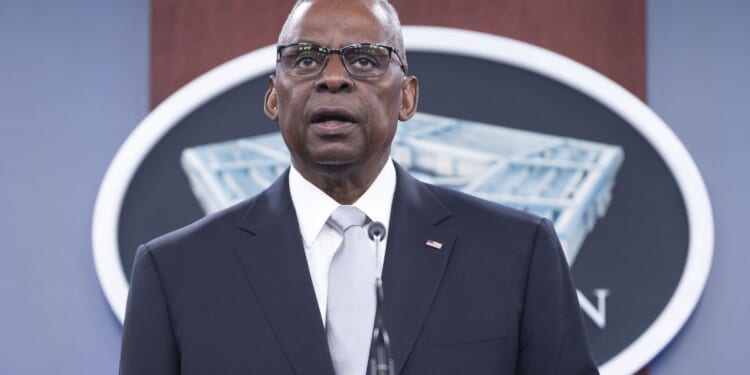
Secretary of Defense Lloyd Austin on Thursday faced pointed criticism from lawmakers on Capitol Hill over his failure to notify the White House and Congress about his hospitalization last month.
Mr. Austin was rushed to Walter Reed National Military Medical Center on Jan. 1 after suffering complications arising from his prostate cancer diagnosis, which he received in December but which he did not pass on to the White House. He insisted that command authority was properly transferred to Deputy Secretary Kathleen Hicks, but congressional members said they were concerned that the chain of command and the American people were left in the dark.
Lawmakers of both parties have complained of being left in the dark about the secretary’s treatment, and many noted that there were major international military and foreign policy challenges that demanded attention while Mr. Austin was in the hospital.
“Wars were raging in Ukraine and Israel, our ships were under fire in the Red Sea, and our bases were bracing for attack in Iraq and Syria, but the commander in chief did not know that his secretary of defense was out of action,” said House Armed Services Committee Chairman Mike Rogers, Alabama Republican, said at the hearing.
“Our forces conducted a pre-authorized strike on an Iranian-backed militia in Iraq during this period. Had something gone wrong with that strike, or worse, if there was an attack on the United States, precious time would have been wasted while [President Biden] sought in vain to find his defense secretary,” Mr. Rogers said.
The House hearing was the first opportunity for lawmakers to publicly question the notoriously publicity-averse Mr. Austin about the incident, which has prompted a few calls on Capitol Hill for the defense secretary to be fired. The White House has expressed its unhappiness with Mr. Austin‘s handling of his health problems, but President Biden has also said he continues to back the former Army general fully in his post.
An internal Pentagon review of the incident, conducted by Mr. Austin‘s own subordinates, concluded there was “no indication of ill intent or an attempt to obfuscate” in the failure to promptly disclose the secretary’s condition The review cited instead privacy restrictions and hesitancy among Mr. Austin‘s top aides to communicate timely information about his condition.
But Mr. Austin himself acknowledged that there was a clear breakdown in communications while he was a patient in an intensive-care unit at Walter Reed.
“I should have promptly informed the president, my team, Congress and the American people about my cancer diagnosis and subsequent treatment. We did not handle this right and I did not handle this right,” he said during his opening remarks.
“I have apologized, including directly to the president and I take full responsibility,” Mr. Austin said in his opening statement.












